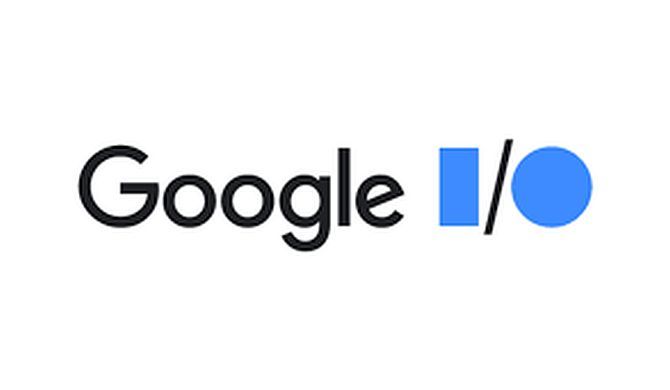
At its first I/O Connect event for India, which is taking place in Bengaluru, Google announced a selection of artificial intelligence (AI) tools and technologies for Indian developers on Wednesday.
Through the PaLM API, Makersuite, and features on Google Cloud’s Vertex AI, the company made its faster, more accurate big language AI model available for Indian developers.
Under the Department for Promotion of Industry and Internal Trade, Google Cloud and Open Network for Digital Commerce (ONDC) have formally launched a new effort to assist vendors in creating and expanding national e-commerce platforms.
Using retail AI technology and the PaLM API, the company is open-sourcing a ready implementation of the ONDC architecture and core APIs to assist scalability and security.
The leading technology company also unveiled a brand-new start-up credit scheme where businesses using ONDC can apply for a $25,000 award.
Google is also sharing its initial datasets and research models under a number of initiatives to support Indian developers.
Google will make the first collection of speech data from Project Vaani, which it is working on with the Indian Institute of Science, publicly available. This data set includes over 4,000 hours of speech in 38 different languages.
The business unveiled address descriptors, an India-first experiment available in over 25 locations, as a new tool within the Google Maps Platform to aid in enhancing urban planning and infrastructure.
Customers may easily identify and navigate to addresses using landmarks and neighbourhood names thanks to this capability.
The company published its Open Buildings data on more than 200 million locations around the nation, which will assist companies in planning infrastructure and social programmes in densely populated urban areas.
To allow developers access to its healthcare AI model APIs that can recognise drug names within handwritten prescriptions, Google will launch a Trusted Tester scheme.
In addition to this, the opening speech highlighted Google’s intention to increase its presence in India’s smart watch and smart TV segments and showed off a number of forthcoming AI-powered products, such as Studio Bot, which will make coding easier for developers.
In order to assess and reduce biases in natural language processing, Manish Gupta, director of Google Research India, told Business Standard during a Google Meet that the company would open-source the SeeGull Database, a global stereotype benchmark with broad geo-cultural coverage that includes stereotypes present in India.
Gupta continued, “We appreciate efforts by governments around the world to implement appropriate, risk-based laws that support dependable, resilient, and trustworthy AI applications. We particularly welcome Nasscom’s new guidelines for the responsible use of generative AI.
“We used an AI risk-assessment approach to identify and reduce risks, and we were one of the first businesses to publish a set of AI principles (2018).
To help translate technology advances into broadly beneficial outcomes while reducing risks, a collaborative effort across government, businesses, universities, and other sectors must be made to build AI responsibly.

















